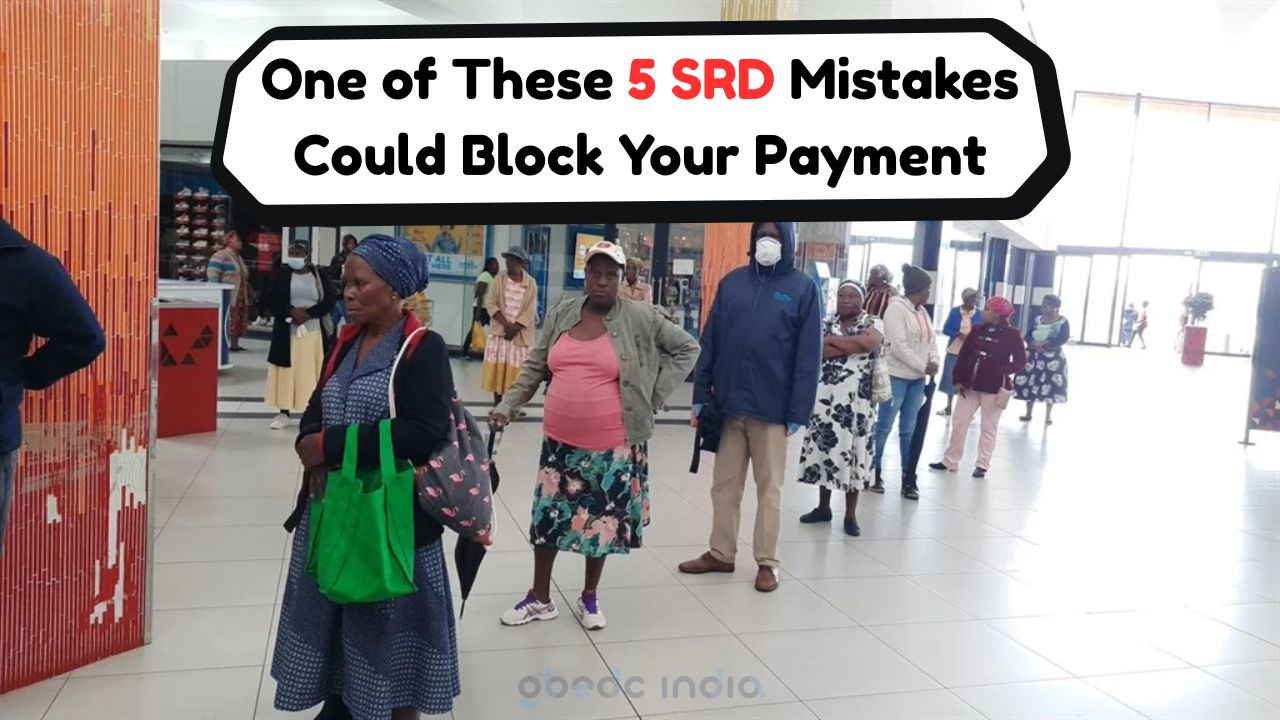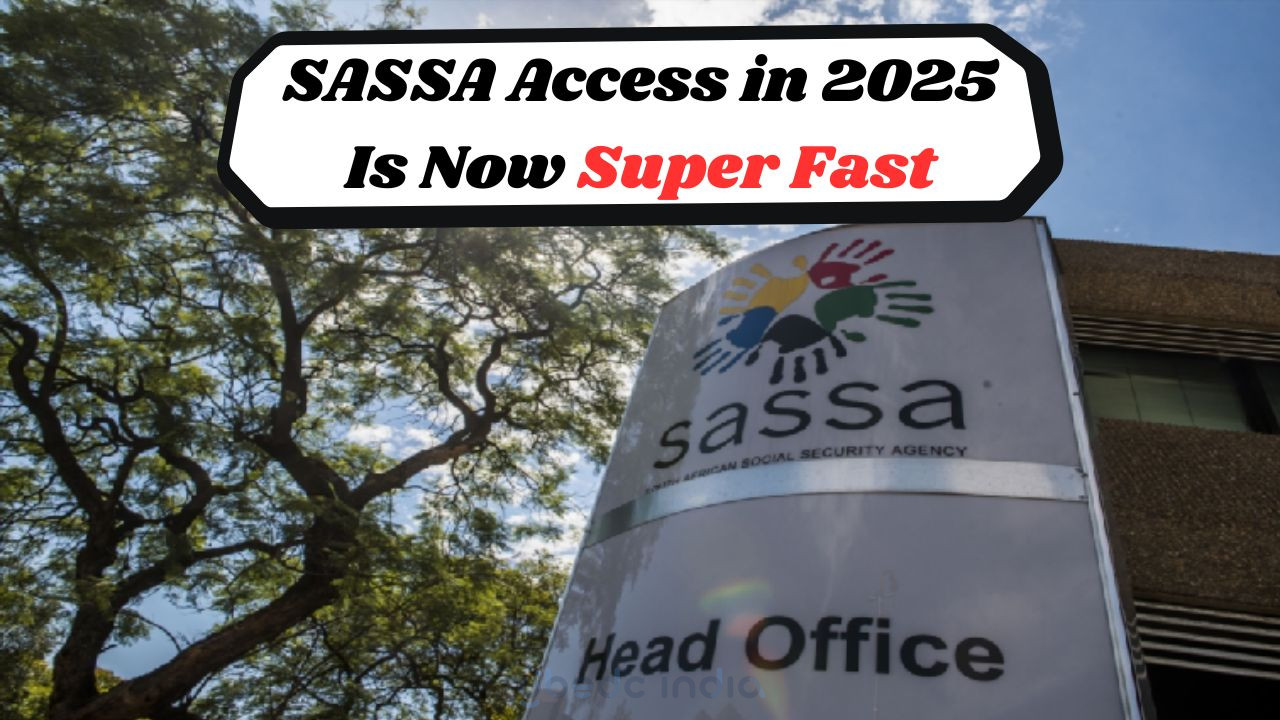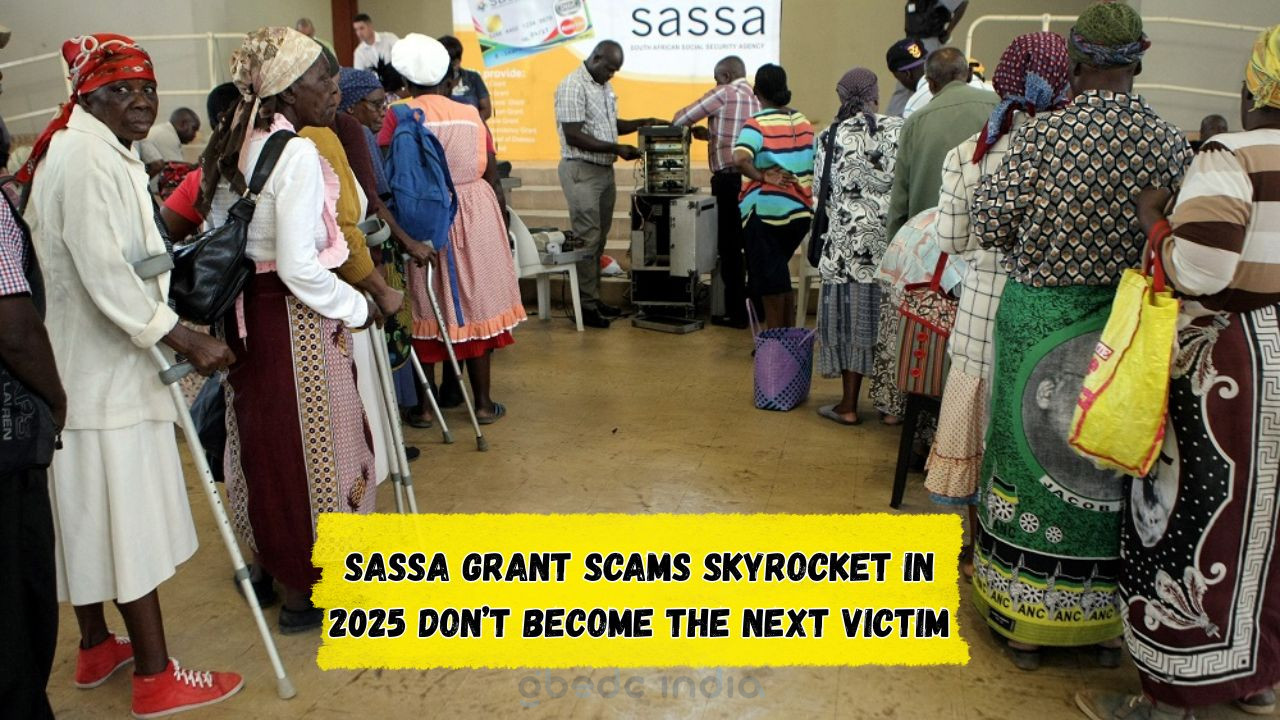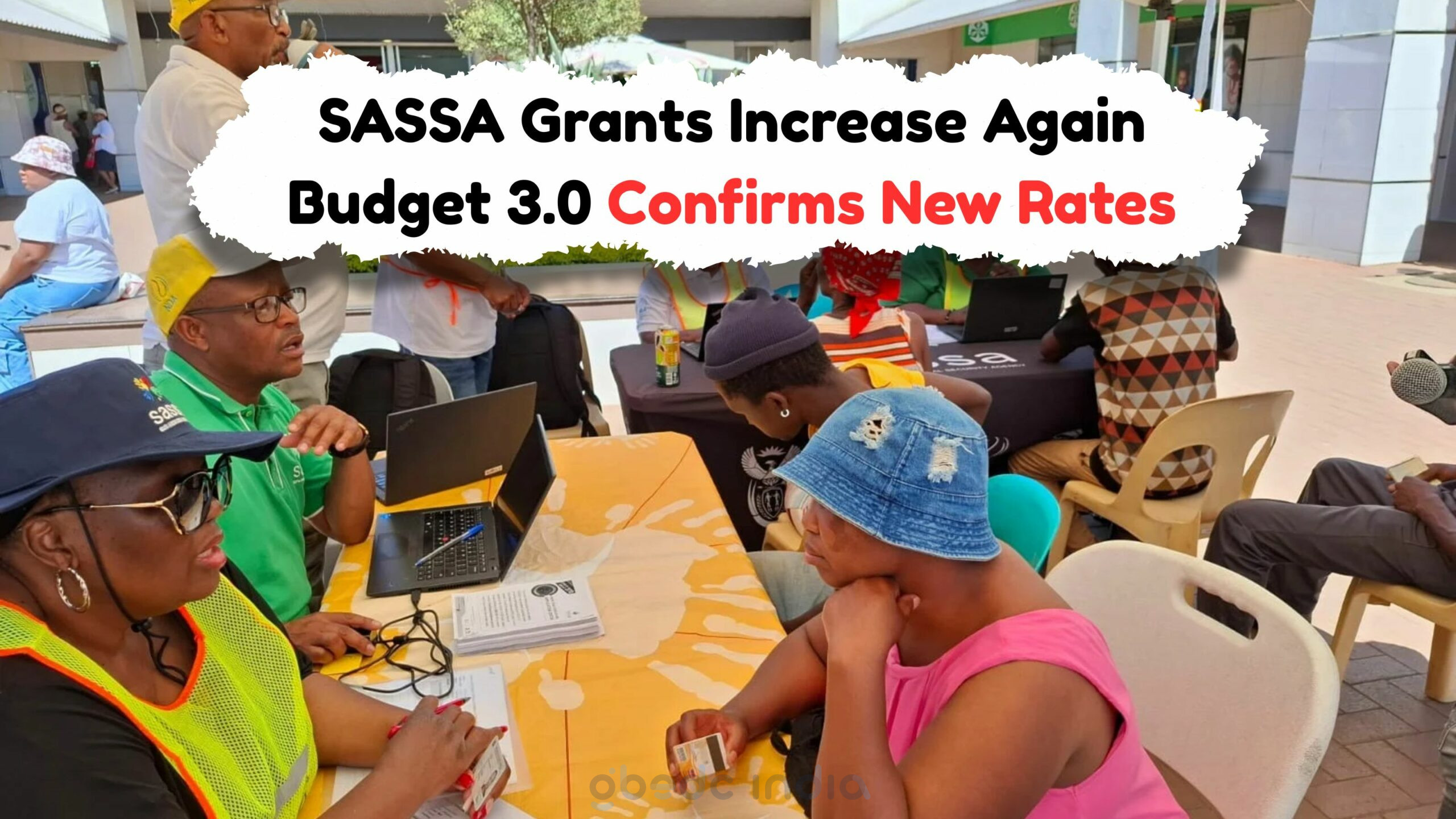South Africa Load Shedding Schedule: This week, South Africa is set to endure a challenging period with load shedding reaching up to 14 hours in some regions. As the nation grapples with ongoing power shortages, residents are urged to stay informed and plan accordingly to mitigate disruptions in their daily lives.
Understanding Load Shedding in South Africa
Load shedding is a measure implemented to prevent the total collapse of the power grid by rotating power cuts across different areas. It has become a common occurrence in South Africa due to the imbalance between electricity supply and demand. Eskom, the national power utility, has been at the forefront of managing this situation, often releasing timetables to inform the public of scheduled outages.
Key Reasons for Load Shedding
- Infrastructure Challenges: Aging infrastructure and insufficient maintenance have led to frequent breakdowns.
- Demand Exceeds Supply: Increased demand for electricity, especially during peak hours, surpasses available supply.
- Fuel Supply Issues: Interruptions in the supply chain for coal and other fuels affect power production.
- Seasonal Variations: Changes in weather and seasonal energy consumption patterns can contribute to load shedding.
- Financial Constraints: Eskom’s financial challenges limit its capacity to invest in new infrastructure.
- Renewable Energy Integration: The slow pace of integrating renewable energy sources affects overall grid stability.
Regional Load Shedding Timetable
To help residents prepare, Eskom has released a detailed timetable outlining the specific times and areas affected by load shedding this week. It’s crucial for individuals and businesses to review this schedule to minimize inconvenience.
Load Shedding Timetable Overview
| Region | Monday | Tuesday | Wednesday | Thursday | Friday |
|---|---|---|---|---|---|
| Gauteng | 8:00-12:00 | 10:00-14:00 | 12:00-16:00 | 14:00-18:00 | 16:00-20:00 |
| KwaZulu-Natal | 9:00-13:00 | 11:00-15:00 | 13:00-17:00 | 15:00-19:00 | 17:00-21:00 |
| Western Cape | 7:00-11:00 | 9:00-13:00 | 11:00-15:00 | 13:00-17:00 | 15:00-19:00 |
| Eastern Cape | 6:00-10:00 | 8:00-12:00 | 10:00-14:00 | 12:00-16:00 | 14:00-18:00 |
| Limpopo | 5:00-9:00 | 7:00-11:00 | 9:00-13:00 | 11:00-15:00 | 13:00-17:00 |
| Free State | 4:00-8:00 | 6:00-10:00 | 8:00-12:00 | 10:00-14:00 | 12:00-16:00 |
| Mpumalanga | 3:00-7:00 | 5:00-9:00 | 7:00-11:00 | 9:00-13:00 | 11:00-15:00 |
Alternative Energy Solutions
| Solution | Average Cost | Installation Time | Maintenance | Efficiency |
|---|---|---|---|---|
| Solar Panels | R50,000+ | 1-3 days | Low | High |
| Generators | R15,000+ | 1 day | Moderate | Medium |
| Inverters | R10,000+ | 1-2 days | Low | Medium |
| Battery Systems | R25,000+ | 2-4 days | Low | High |
| Wind Turbines | R70,000+ | 3-5 days | Low | High |
| Gas Generators | R20,000+ | 1 day | Moderate | Medium |
| Hydro Systems | R100,000+ | Varies | Low | High |
Preparing for Load Shedding
Effective preparation can significantly reduce the impact of load shedding. Residents are encouraged to keep essential items charged, such as mobile phones and power banks, and to have backup lighting solutions on hand. Businesses should also consider investing in UPS systems or generators to maintain operations during outages.
Essential Load Shedding Survival Tips
- Charge all necessary electronic devices in advance.
- Keep a supply of candles, torches, and batteries.
- Stock up on non-perishable food items.
- Plan activities around the load shedding schedule.
- Stay informed through official Eskom updates.
- Consider alternative energy sources for critical needs.
Long-term Strategies
- Invest in solar or wind energy solutions for sustainable power.
- Encourage community-based energy initiatives.
- Promote energy-saving habits to reduce overall consumption.
- Lobby for government support in renewable energy projects.
- Participate in local forums discussing energy issues.
Impact of Load Shedding
The impact of load shedding extends beyond mere inconvenience. It affects economic productivity, disrupts daily routines, and poses challenges to essential services. Understanding these ramifications can help communities better advocate for improved energy policies.
- Businesses face operational downtime, leading to financial losses.
- Educational institutions struggle to maintain consistency in learning.
- Healthcare services may experience power-related challenges.
- Households endure disruptions in comfort and safety.
- Public transport systems may face delays or cancellations.
Community Responses
- Local groups organizing information sessions on energy conservation.
- Community-driven projects to install shared solar panels.
- Workshops on creating emergency power solutions.
- Neighborhood watch programs adapting to power outages.
Effect on Daily Life
- Altered routines and schedules.
- Increased reliance on alternative power sources.
- Heightened awareness of energy consumption habits.
- Enhanced community collaboration.
- Growing advocacy for energy reforms.
Load Shedding: A Call to Action
Load shedding is not only a challenge but a call to action for all South Africans. It’s a reminder of the urgent need for sustainable energy solutions and collective efforts to address the country’s energy crisis.
Innovation and collaboration are key in overcoming these challenges. By working together, the nation can pave the way towards a more stable and reliable energy future.
Community initiatives are vital, and every effort counts in reducing the impact of load shedding.
Renewable energy adoption is crucial, and individuals are encouraged to explore viable options for their homes and businesses.
Advocacy and education are powerful tools. Engaging with local representatives and participating in energy forums can drive change.
Departmental Contact Details
Eskom Customer Support
Email: [email protected]
Helpline: 08600 37566
Website: www.eskom.co.za
Department of Energy
Email: [email protected]
Helpline: 012 406 8000
Website: www.energy.gov.za
City Power Johannesburg
Email: [email protected]
Helpline: 0860 562 874
Website: www.citypower.co.za
Western Cape Energy Department
Email: [email protected]
Helpline: 021 483 4910
Website: www.westerncape.gov.za
KZN Energy Authority
Email: [email protected]
Helpline: 033 341 9300
Website: www.kzndard.gov.za






